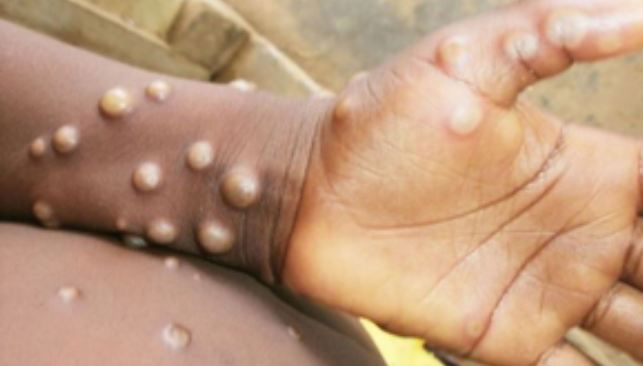Health
Africa CDC calls for urgent action against concerning spread of mpox

Addis Ababa, Aug 9
The Africa Centers for Disease Control and Prevention (Africa CDC) has called for urgent action to avert the "concerning spread" of mpox across the continent.
Africa CDC Director-General Jean Kaseya, addressing a media briefing on the multi-country mpox outbreak in Africa on Thursday, said at least 16 countries across all five regions of Africa have been affected by mpox.
He said some 38,465 cases and 1,456 deaths have been reported in Africa since January 2022, including 887 cases and five deaths during the last week, Xinhua news agency reported.
Data from the Africa CDC show that six new African countries have been affected by mpox during the past 10 days alone, while 18 other African countries are at high risk of being affected by the disease.
Calling for urgent action against the rapid spread of mpox in Africa, the Africa CDC chief said mpox was declared a public health emergency of international concern by the World Health Organization from July 2022 to May 2023.
Noting that the number of new mpox cases reported this year represented a 160 per cent increase compared to the same period in 2023, Kaseya underscored the need to take strong actions against the current spread of mpox in Africa.
"When we had the public health emergency of international concern and if we compare it with where we are today, we saw a huge increase justifying the action that we are taking," he said.
He further expressed concern over the disease's mode of transmission, which he said is mostly driven by cross-border spread linked to sexual transmission.
"What we are doing in Africa CDC today is to understand the number of factors, especially to understand why there is this increase of mpox cases. This increase is due, first, to how the virus is mutated to the new moods of transmission," Kaseya said.
"We know initially it was just the contact with animals and human beings. But today it's mostly through sexual transmission. This one is explaining the increase of cases," he added.
Kaseya noted the late detection and management of mpox cases in affected countries as a major issue behind the rapid spread of the disease. He further highlighted the social and political crisis as well as climate change as other contributing factors.
Mpox, also known as monkeypox, was first detected in laboratory monkeys in 1958, assumed to transmit from wild animals such as rodents to people, or from human to human. It is a rare viral disease usually transmitted through body fluids, respiratory droplets, and other contaminated materials. The infection usually results in fever, rash, and swollen lymph nodes.



































